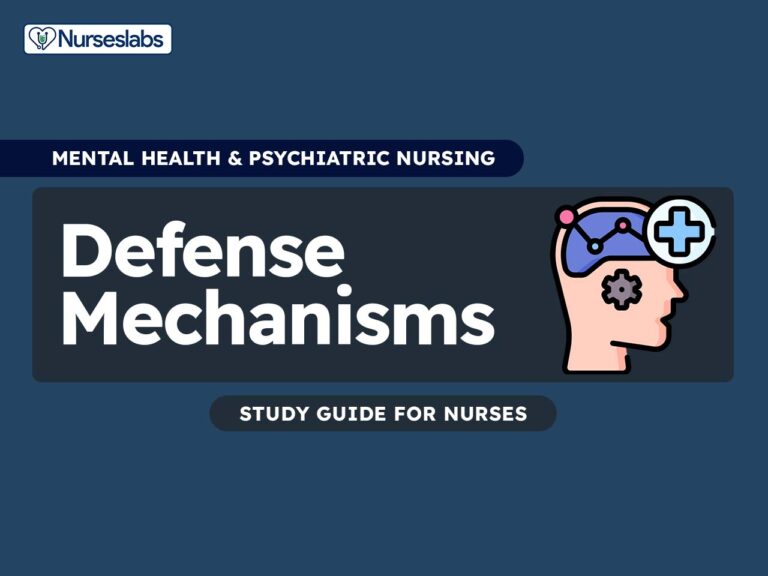Defense mechanisms were first described by Sigmund Freud, an Austrian psychiatrist, who is regarded as the father of psychoanalysis. He believed that individual uses defense mechanism consciously or unconsciously as a way to deflect anxiety and to cover up feelings that affects self-esteem. His work was later developed by his daughter Anna Freud and other psychoanalysts.
This study guide will discuss defensive mechanisms, encompassing the various types and their manifestations in individuals.
Table of Contents
What are Defense Mechanisms?
The term defense mechanism refers to a predominantly unconscious self-protective process that seeks to shield the ego from intense feelings or affect and impulses.
- Additionally, these intrapsychic processes modify, nullify, or convey painful affects or tendencies so they can be tolerated consciously.
- Defense mechanisms mostly operate at the subconscious level of awareness, so people are not aware of what they are doing.
History of Defense Mechanisms
- The concept of defense mechanisms emerged in the early 20th century as a result of Freud’s groundbreaking work on psychoanalysis. Freud proposed that defense mechanisms were strategies employed by the unconscious mind to guard against painful and anxiety-inducing thoughts and feelings.
- His work laid the foundation for further research and exploration into the realm of defense mechanisms, leading to a comprehensive understanding of how individuals protect their psyches from emotional turmoil.
Major Defense Mechanisms
Learning defense mechanisms has become an integral component of psychotherapy. Some of the major defense mechanisms that are widely used are the following:
| Defense Mechanism | Definition | Example |
|---|---|---|
| Displacement | Redirection of negative urges or feelings from an original object to a safer or neutral substitute. | The man who is angry with his boss and returns home and becomes angry instead with his wife or children. |
| Denial | Refusal to admit to a painful reality, which is treated as if it does not exist. | The woman who miscarries denies that she has lost the baby and continues to wear maternity clothes. |
| Intellectualization | Use of excessive reasoning rather than reacting or changing. | A woman attending Alcoholics Anonymous meeting reports that she is a nurse and has conducted many 12-step sessions. |
| Introjection | Engulfment or incorporation of specific traits, behaviors or qualities into self or ego structure. | A depressed man who incorporates the negative feelings and hatred of his estranged wife, who recently filed for divorce. |
| Projection | Blame of other’s or things for one’s own feelings or thoughts. | The client experiencing paranoia blames others for disliking him. |
| Rationalization | An effort to replace or justify acceptable reasons for feelings, beliefs, thoughts, or behaviors for real ones. | A woman who overextended credit cards rationalizes that she can use er savings to pay for a new dress she recently purchased. |
| Reaction formation | Repression of painful or offensive attitudes or traits with unconscious opposite ones. | The college student who feels angry and hostile toward her professor is overtly friendly and agreeable in class. |
| Regression | Retreat to an earlier developmental stage. | The 3-year old child who begins wetting his pants after the birth of a new sibling. |
| Repression | Unconscious, purposeful forgetting of painful or dangerous thoughts (the most basic defense mechanism). | The married woman who expresses hostility toward a male co-worker to avoid dealing with her sexual attraction to him. |
| Sublimation | Normal form of dealing with undesirable feelings or thoughts by keeping them in an acceptable context. | The woman who is unable to bear children begins working in a preschool. |
| Suppression | Conscious and deliberate forgetfulness of painful or undesirable thoughts and ideas. | A rape victim attempts to forget the incident and fails to report it to the proper authorities. |

OCPD Systems and Treatment